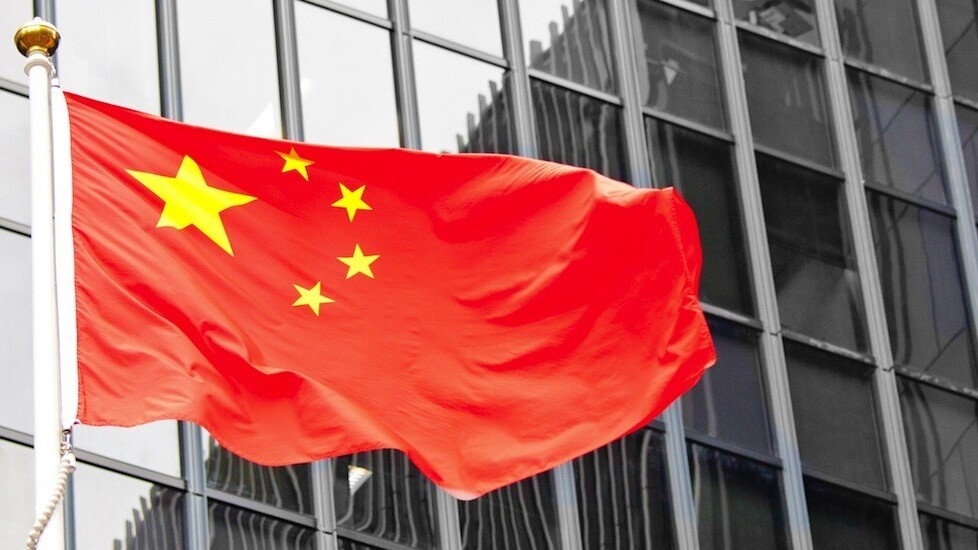
The Chinese government is now forcing all public account owners on chat apps in the country to register with their true identities and obtain permission to disseminate news, as it steps up efforts in an initiative to “clean up” instant messaging services.
The initiative took shape a few months ago, but the government has now issued a list of new rules via state media Xinhua. According to the statement, the project is aimed at public accounts, which are typically owned by either individuals or organizations seeking to communicate on a wider scale to their followers — in a similar way to Facebook’s pages. This means you can subscribe to these accounts and receive direct messages from them; anything from promotional campaigns to news.
WeChat stands to be affected the most by these new rules, simply because Weixin — the version of WeChat offered in China — is the most popular chat app in the country. Other messaging services which will be affected in the Chinese government’s latest project include Alibaba’s Laiwang, Xiaomi’s Mi Talk, and China Telecom’s Yixin.
Last year, Weixin already seemed to have started real-name verification for what was then known as ‘open account’ owners — but this is the first time the government has put its foot down and issued a formal regulation demanding messaging app firms to take responsibility for ensuring the true identities of all public account owners.
The Chinese government is also putting responsibility on messaging app operators to ensure all public account owners have obtained relevant qualifications before publishing news, abide by the relevant laws, protect user information and privacy, as well as remove illegal information speedily.
Notably, it also says that chat app firms should clearly identify which public account owners have been approved to publish news about current affairs, an obvious move in enforcing political censorship (only the ones that toe the government line can be approved, obviously).
It also says that in general, public account users need to comply with local laws and regulations, as well as make sure the information they provide is authentic.
This latest move comes soon after China also forced app developers to reveal their real identities, citing a crackdown on porn. Early this year, it wanted internet users who upload videos to provide their real names as well.
All these initiatives mean that the situations for which a Chinese Internet user can maintain an anonymous online profile are becoming virtually non-existent. In late 2012, China made it mandatory for all Internet users to register with their real names — which followed nearly a year after the Chinese government introduced a compulsory real-name policy to the country’s Twitter-like microblogging services, which include Sina Weibo and Tencent Weibo.
Don’t miss – China’s latest crackdown on messaging apps casts a shadow on WeChat’s global expansion plans
Headline image via Shutterstock, image via Bryanlyt
Get the TNW newsletter
Get the most important tech news in your inbox each week.





